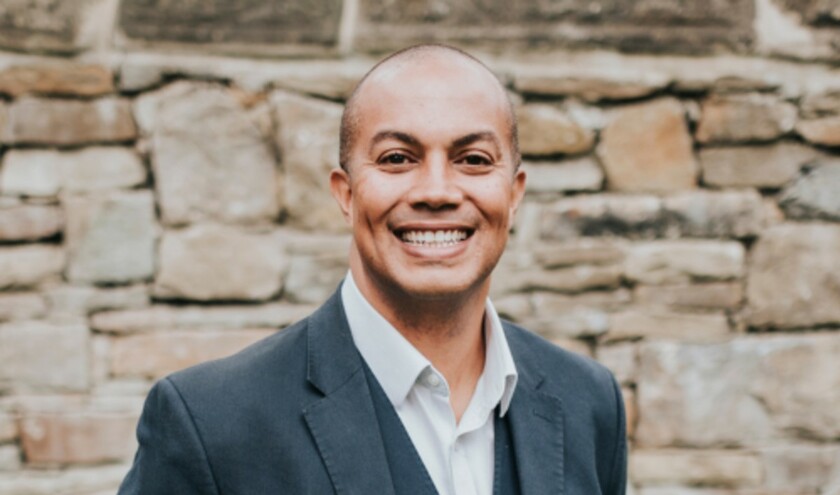Late-stage cancer diagnosis continues to be one of the greatest challenges in healthcare, significantly impacting patient outcomes and healthcare costs. In the UK, early cancer detection in primary care greatly improves treatment outcomes, including survival rates and quality of life.
At the Health Innovation Network, we transform lives through innovation by supporting health and social care teams to find, test and implement new solutions at scale to the NHS' greatest challenges, driving economic growth.
The Health Innovation Network is currently supporting the implementation of C the Signs - a pan-cancer AI platform that empowers GPs to detect cancer earlier and more accurately. The clinical decision-support system (CDSS) uses robust evidence and clinical data to analyse symptoms, risk factors and clinical markers in seconds, helping GPs identify patients at risk and recommend the right investigations or referrals at the earliest opportunity, when treatment is most effective.
C the Signs is already in use across more than 1,500 GP practices, covering 10m patients nationwide. To date, the system has supported the detection of over 45,000 cancers across more than 50 cancer types. With support from Health Innovation East, the platform was initially implemented in 35 GP practices across Ipswich and East Suffolk, where it demonstrated a 12.3% increase in cancer detection rates across practices, improving care across a population of approximately 420,000 people.
Building on this success, it is now being rolled out further in the region and beyond, with support from Health Innovation Wessex and Health Innovation Yorkshire and Humber, alongside national coordination across 14 ICS. Each health innovation network is fully embedded in its local health and research ecosystem and our locally and nationally coordinated structure enables us to deliver impact at scale. There is the potential to support millions of people to be diagnosed as soon as possible, increasing their chances of survival and access to effective treatments through giving GPs the confidence and tools to act fast and make decisions that save lives.
Based on work by an independent health economist collaborating with Health Innovation East, it is predicted that C the Signs could save each ICB over £1.5m per year. In one ICB with a population of approximately one million patients, the potential savings were found to be £1.56m from earlier cancer diagnosis and reduced late-stage treatment, plus an additional £128,000 from the avoidance of unnecessary urgent suspected cancer referrals.
Dr Bea Bakshi, chief executive and founder of C the Signs, said: ‘With strong engagement from primary care and invaluable support from Health Innovation East, we've been able to significantly expand our reach across the region.
C the Signs has played a key role in driving faster, earlier and more accurate cancer detection in a cost-effective way.'
To achieve national ambitions for cancer care, innovations like C the Signs need to be implemented safely and at scale in key NHS services in every community. As part of reforms to the health and care system, the Government launched a call for evidence to the National Cancer Plan which closed on 29 April 2025. Ensuring innovation is at the heart of the National Cancer Plan with a dedicated focus on accelerating proven solutions that deliver better outcomes, like C the Signs, is something the Health Innovation Network is calling for.
The challenge facing the health and care innovation sector is not a lack of innovation - it is implementation. We already have an NHS pipeline of proven, evidence-based innovations, currently supported by the Health Innovation Network, that, if implemented more widely, could have a national impact on reducing waiting lists and increasing NHS capacity as well as improving patient outcomes. The challenges are around the implementation of these innovations to ensure patients, the NHS workforce and the economy can benefit from innovation more effectively.
If you are interested in learning more about the work of the Health Innovation Network, or C the Signs contact info@thehealthinnovationnetwork.com



